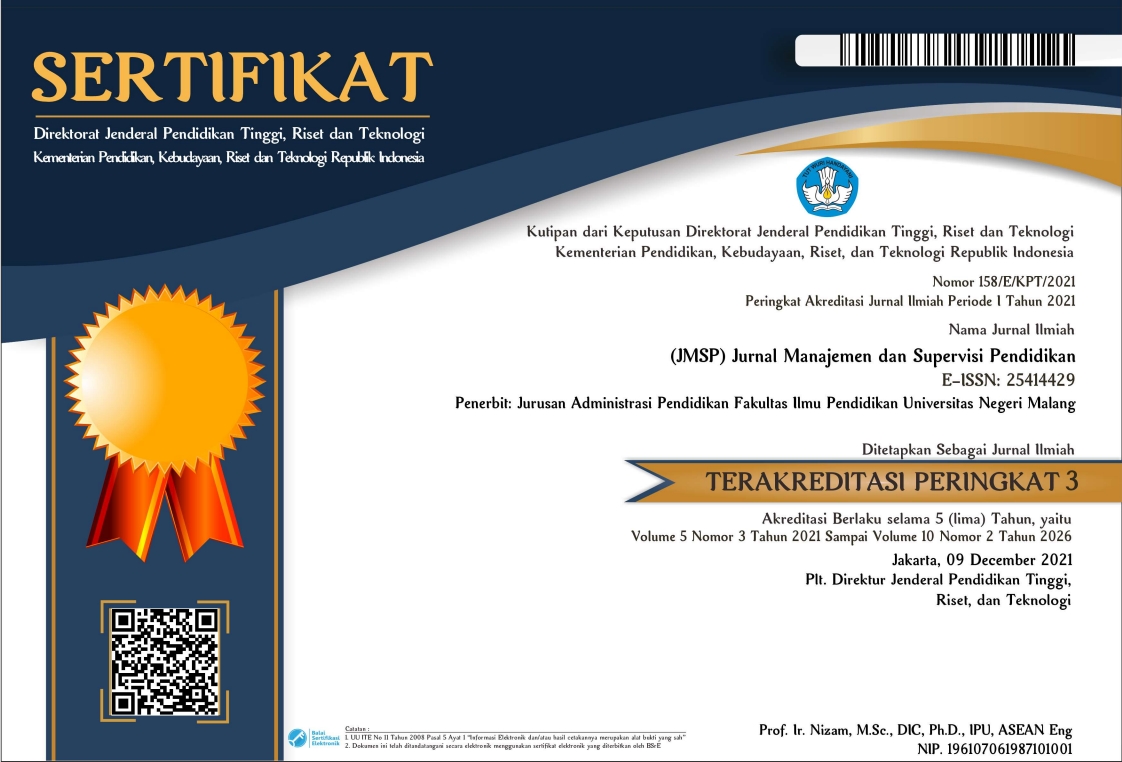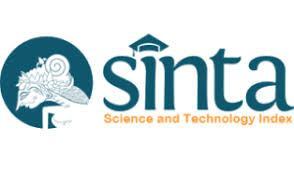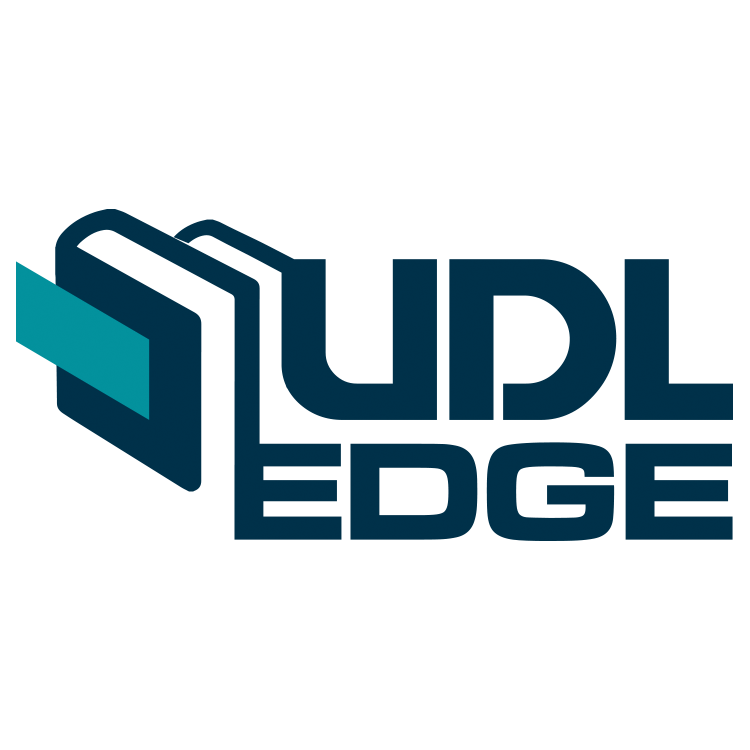The Influence Of Educational Resources, Geographic Conditions, Demographic Conditions, Economic Conditions, Population Capacity on Junior High School Gross Participation Rate
Abstract
The success of education development will be largely determined by the availability of educational resources as the main variable in providing educational services. Other factors are geographical conditions, demographic conditions, economic conditions, and the capacity of the population itself. This study examines the correlational-contributive relationship between these factors with the Gross Participation Rate (GER) in junior high schools in West Java. The data studied were 2015-2019 (5 years). Quantitative research methods with descriptive analysis. The results showed that the educational resources variable can explain the effect of 88, 14% on the total GER. The geographical condition variable can explain the effect of 63.96% on the total GER. The demographic condition variable explains the effect of 94.2% on the total GER and the KE variable contributes approximately 89.21% to the achievement of the total GER for SMP. The population capacity variable gave a valuable contribution of 37.96%.
Keywords
Full Text:
PDFReferences
Alexander, R. J. 2015. “Teaching and learning for all? The quality imperative revisited.” International Journal of Educational Development, (Onilen), (https://EconPapers.repec.org/RePEc:eee:injoed:v:40:y:2015, diakses 20 Januari 2021)
Allum, J. 2012. Minister’s Message. (http://www.edu.gov.mb.ca/minister.html, diakses 20 Januari 2021)
Arnold, M. L., Newman, J. H., Gaddy, B. B., & Dean, C. B. 2005. A look at the condition of rural education research: Setting a difference for future research. Journal of Research in Rural Education, 20(6), (online), ( http://www.umaine.edu/jrre/20-6.pdf , diakses 20 Januari 2021).
Atkinson, A. 2005. Atkinson review: Final report. Measurement of Government Output and Productivity for Government Accounts: Palgrave, MacMillan, Basingstoke, (Online). (https://www.semanticscholar.org/paper/The-Atkinson-Review%3A-Final-Report, diakses 20 Januari 2021)
Barrett, A.M. 2011. “An education Millennium Development Goal for quality: complexity and democracy.” Compare: A journal of comparative and international education, 41(1): 145–148. (online), (https://doi.org/10.1080/03057925.2011.534853, diakses 22 Januari 2021)
Beeby, C.E. 1966. “The quality of education in developing countries.” Cambridge MA: Harvard University Press. (online), (https://www.hup.harvard.edu/results-list.php?author=4255, diakses 22 januari 2020)
Bergmann, H. 1996. Quality of Education and the Demand for Education: Evidence from Developing Countries. International Review of Education, 42(6): 581 – 604. (Online), (https://www.jstor.org/stable/3445008?seq=1, diakses tanggal 23 januari 2021)
Black, P. & Wiliam, D. 2010. “Inside the black box: Raising standards through classroom assessment.” Phi Delta Kappan 92(1), 81-90. (Online), (https://doi.org/10.1177/003172171009200119, diakses 22 januari 2021)
Carr-Hill, R.; Rolleston, C.; Pherali, T.; Schendel, R. (2015). “The effects of school-based decision making on educational outcomes in low-and middle-income contexts: A systematic review.” The Campbell Collaboration. (Online), (https://assets.publishing.service.gov.uk/media/57a089b7e5274a31e000021e/Carr-Hill_SBDM_Protocol.pdf, diakses 24 Januari 2021)
Chinapah, V., Cars, M., Grinberg, S. 2013. Global Efforts towards Quality Education for All: Evidence and Reflections from an International and Comparative Educational Perspective. Journal of Education and Research August 2013, Vol. 3, No. 2, pp. 39-58. (online), (doi: http://dx.doi.org/10.3126/jer.v3i2.8397.
Cuervo, C.E., & Antón, N.V. (2013). Spatial Double Generalized Beta Regression Models: Extensions and Application to Study Quality of Education in Colombia. Journal of Educational and Behavioral Statistics, 38(6), 604–628. (online), (https://doi.org/10.3102/1076998613499779, diakses 24 januari 2021)
Coleman, J. S., & Department of Health USA. (1966). Equality of educational opportunity (Vol. 2). Washington, DC: US Department of Health, Education, and Welfare, Office of Education. (Online), (https://files.eric.ed.gov/fulltext/ED012275.pdf, diakses 24 januari 2021)
Clifton, R.A., Williams, T. & Clancy, J. 1991. The Academic Attainment of Ethnic Groups in Australia: A Social Psychological Model. Sociology of Education, Vol. 64, No. 2 (Apr., 1991), pp. 111-126. American Sociological Association. (online), (https://doi.org/10.2307/2112882#, diakses tanggal 24 januari 2021)
Davisa, D., Miller, D., Mrema, D., Matsoai, M., Mapetla, N., Raikes, A., and Burtona, A. 2021. Understanding perceptions of quality among early childhood education stakeholders in Tanzania and Lesotho: A multiple qualitative case study. Social Sciences & Humanities Open, Volume 4, Issue 1. https://www.sciencedirect.com/journal/social-sciences-and-humanities-open
Denoyer, R. A., & White, M. 1990. Tests Fallible Indicators of Educational Quality. NASSP Bulletin, 74(523), 49–52. (online), (https://doi.org/10.1177/019263659007452310, diakes 24 januari 2021)
de Kool, D., & Bekkers, V. 2015. The Perceived Impact of Open Inspection Data on the Quality of Education in Dutch Primary Schools: A Parent Perspective. Social Science Computer Review. (online), (https://doi.org/10.1177/0894439314560853, diakses 24 Januari 2021)
Francis, N. C. 1977. Quality Education and Equality of Educational Opportunity. NASSP Bulletin, 61(409). (onlien), (doi: https://doi.org/10.1177/019263657706140903, diakses 24 Januari 2021)
Hanushek, E.A. & Rivkin, S.G. 2003. Does Public School Competition Affect Teacher Quality?. the Economics of School Choice: Chicago: University of Chicago Press. (online), (http://hanushek.stanford.edu/sites/default/files/publications/Hanushek%2BRivkin%202003%20EconSchChoice_0.pdf, diakses 24 Januari 2021)
Hanushek, E., & Woessmann, L. 2008. The Role of Cognitive Skills in Economic Development. Journal of Economic Literature, 46(3): 607–668. (online), (doi: 10.1257/jel.46.3.607, diakses 24 Januari 2021)
Hawes, H. & Stephens, D. 1990. Questions of quality: primary education and development. Harlow: Longman.
Hawkes, D. & Ugur, M. 2012. Evidence on the relationship between education, skills and economic growth in low-income countries: A systematic review. EPPI-Centre, Social Science Research Unit, Institute of Education. London: University of London. (Online), (https://eppi.ioe.ac.uk/cms/Portals/0/PDF%20reviews%20and%20summaries/Education%20skills%20growth%202012Hawkes%20report.pdf, diakses 24 Januari 2021)
Hirst, P.H. & Peters, R.S. 2012. The Logic of Education. USA: Routledge. (online), (https://books.google.co.id/books?id=9nP31rw-eJ4C&printsec=frontcover#v=onepage&q&f=false, (Online), diakses 24 januari 2021)
Joo, H., Oh, Beom-ho; Yun, Chung-Il. (2010). An analysis of the relationship between The quantity and quality of education: Focusing on korea and oecd countries. Policy Futures in Education Vol. 8 Number 6. (online), (http://dx.doi.org/10.2304/pfie.2010.8.6.607, diakses 25 januari 2021)
Kumar, K., & Sarangapani, P. 2004. History of the quality debate. Contemporary Education Dialogue, 2(1), 30–52. (Online), (https://doi.org/10.1177/097318490400200103, diakses, 25 Januari 2021)
Ki-moon, B. (2012). Global Education First Initiative. (Online), (http://www.globaleducationfirst.org/289.htm, diakses tanggal 25 Januari 2021).
Lee, J.W., & Barro, R. 2001. Schooling Quality in a Cross-Section of Countries. Economica, 68(272), 465–488. (Online), (doi:10.1111/1468-0335.d01-12 , diakses tanggal 25 Januari 2021)
Lotz-Sisitka, H. 2013. Conceptions of quality and learning as connection: Teaching for relevance. Southern African Journal of Environmental Education, 29, 25–38. (Online), ( Downloads/122256-Article%20Text-335615-1-10-20150917.pdf, diakses tanggal 25 Januari 2021)
Mbiti, I. M. 2016. The need for accountability in education in developing countries. The Journal of Economic Perspectives , 30(3): 109-132. (Online), (doi: 10.1257/jep.30.3.109 http://www.oecd.org/italy/economicsurveyofitaly2009towardsbetterschoolsandmoreequalopportuniti esforlearning.htm, diakses 25 Januari 2021)
OECD (2009) PISA 2009 Results: what students know and can do. Paris: OECD. (Online), (http://www.oecd.org/pisa/pisaproducts/48852548.pdf, diakses 25 Januari 2015)
Sayed, Y. & Ahmed, R. 2015. Education quality, and teaching and learning in the post-2015 education agenda. International Journal of Educational Development, 40: 330-338. (Online), (doi: 10.1016/j.ijedudev.2014.11.005, diakses 26 januari 2021)
Sayed, Y. (1997). The concept of quality in education: a view from South Africa. Dalam Watson, K.; Modgil, C.; Modgil, S. (Penyunting), Educational dilemmas: debate and diversity. Vol. 4: Quality in education. Cassell: London. (Online), (https://www.fly-unicorn.com/LP_TA/index.cfm?T=439383, diakses 26 Januari 2021)
Smith, K. B., & Meier, K. J. 1995. Politics and the Quality of Education: Improving Student Performance. Political Research Quarterly, 48(2), (Online), (https://doi.org/10.1177/106591299504800206, diakses 26 Januari 2021)
Somerset, A. (2011). Strengthening educational quality in developing countries: the role of national examinations and international assessment systems. Compare: A journal of comparative and international education, Vol. 41, 141-144. (Online), (https://doi.org/10.1080/03057925.2011.534851, diakses 28 Januari 20221)
Stenhouse, L. (1975). An introduction to curriculum research and development. London: Heinemann.
Sifuna, D.N. & Sawamura, N. 2010. Challenges of Quality Education in Sub-Saharan African Countries. New York: Nova Science Publishers, Inc. (Online), (http://aadcice.hiroshima-u.ac.jp/e/publications/sosho4_1-01_02.pdf, diakses 27 januari 2021)
Tikly, L. & Barrett, A. (2011). Social Justice, Capabilities and the Quality Education in Low Income Countries. International Journal of Educational Development, 31(1) 3-14. (Online), ( doi: https://doi.org/10.1016/j.ijedudev.2010.06.001, diakses 26 Januari 2021)
Tikly, L., & Barrett, A. M. 2013. Education quality and social justice in the global south:Challenges for policy, practice and research. New York: Routledge.
national examinations and international assessment systems. Compare: A journal of comparative and international education, Vol. 41, 141-144. (Online), (doi: https://doi.org/10.1080/03057925.2011.534851, diakses 26 januari 2021)
Teddlie, C. & Reynolds, D. (Eds.). 2000. The International Handbook of School Effectiveness Research. Falmer Press: London. (Online), (https://www.researchgate.net/publication/4836590_The_International_Handbook_of_School_Effectiveness_Research_Charles_Teddlie_and_David_Reynolds_Falmer_Press_London_and_New_York_2000_pp_xiii411_Price_4495_paperback, 26 Januari 2021)
Ulfatin, N., Mustiningsih, Sumarsono, R.B. and Yunus, J.N. 2020. School-based management in marginal areas: Satisfying the political context and student needs. Management in Education 1–11. journals.sagepub.com/home/mie DOI: 10.1177/0892020620959739
UNESCO. 2004. The quality imperative: Education for all global monitoring report 2005. (Online), (http://unesdoc.unesco.org/images/0014/001410/141019e.pdf , 26 januari 2021)
UNESCO. 2005. Contributing to a more sustainable future: Quality education, life skills and education for sustainable development. (Online), (https://unesdoc.unesco.org/ark:/48223/pf0000141629, diakses 27 Januari 2021)
Wilhoit, G. 2011. Foreword. Dalam V. B. Mansilla & A. Jackson, Educating for global competence: Preparing our youth to engage the world (pp. viii–ix). Washington, DC: Council of Chief. (Online), (https://asiasociety.org/files/book-globalcompetence.pdf, 27 Januari 2021)
DOI: http://dx.doi.org/10.17977/um025v5i22021p89
Refbacks
- There are currently no refbacks.
Copyright (c) 2021 JMSP (Jurnal Manajemen dan Supervisi Pendidikan)

This work is licensed under a Creative Commons Attribution 4.0 International License.









